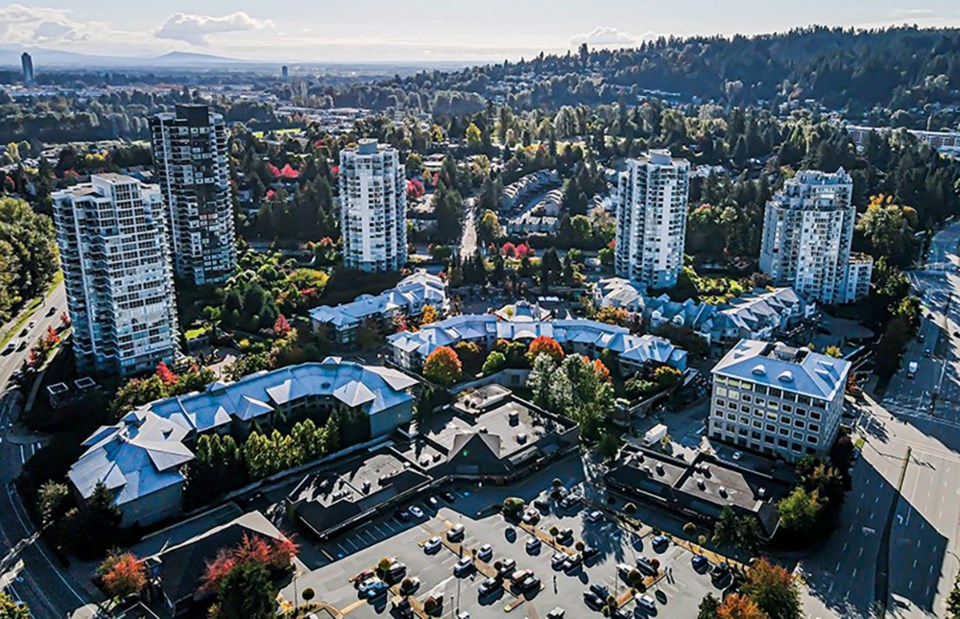The Editor:
Re: Letter: Port Moody land management strategy should guard next generation's 'wishes' (June 26, 2024)
I want to thank Mr. Oster for the opportunity to provide insight into the newly revised Land Management Strategy Policy. I am proud of the decisive and bold leadership that Port Moody city council has shown on this important issue.
The revised LMS Policy sets out principles, core values and processes to manage all the lands within the city boundaries. Municipalities are provided lands by the Province through Letters Patent that does not, at incorporation, meet or contemplate the needs of the community over time; those needs are constantly changing.
The City of Port Moody has changed significantly since 2018, and continues to evolve and change.
Therefore, it is critical for council to responsibly and continuously manage the land and reshape the community as the city evolves in order to meet the service demand, provide housing options and opportunities, continue to deliver uninterrupted services, and stimulate the local economy and business environment.
So, given that land management is a necessary strategy and cannot be avoided, it is therefore important to have a current and modern policy to guide those critical steps and decisions.
As you know, while the city has a lot of control over the lands within the boundaries of the city, all the land is not owned by the city, and therefore changes to its use and ownership needs to be most times negotiated.
The policy contemplates that there may be many potential changes to the land required, and as such, not only addresses the potential disposition of land, which can be sale, lease or swap, but also envisions land dedications (e.g. parkland, roads, etc.), land conservations, expropriations, land use changes, rezonings of land, land redevelopments (private and public), master plans (OCP, Parks Master Plan, Master Transportation Plan, etc.), land donations (sometimes in exchange for tax receipts), etc.; all manner of land transactions are covered by the Policy.
I will add, in my opinion, a Land Management Strategy Policy has never been more critical and relevant than ever, with the recent provincial mandate over housing targets and legislated land use changes.
In short, municipalities must continue to engage in land transactions to ensure balanced and sustainable urban development.
These transactions enable local governments to strategically manage land use, promoting economic growth, addressing housing needs, as well as social equity and inclusion. By actively participating in the land market, municipalities can implement zoning regulations, support infrastructure projects and facilitate public services that cater to the evolving needs of their communities.
All cities across the globe transact land, sometimes to finance amenities, sometimes to purchase more land, sometimes to change its use. Selling of land, is not always the solution but is a multifaceted tool that, when used judiciously, can support the overall goals of sustainable development, economic vitality and enhanced public welfare. It is a tool that can be used to provide financing to purchase more land and stay current and active in the market.
In the broader context, land management also involves collaboration with regional and national authorities to align local plans with wider economic and environmental goals. This cooperation is vital for addressing issues that transcend municipal boundaries, such as transportation networks, watershed management, and regional economic development.
I hope my explanation provides a broader picture of land management and that we are not narrowly focused on just selling land assets. Council would NEVER endorse the selling of land to simply purchase depreciable assets without some greater benefit to the community.
Lastly, I would also point out that there are opportunity costs of doing nothing.
Land sitting idle, like the former Fire hall site, is not a good use of these critical and valuable city assets. Councils are elected to provide leadership and make decisions; great councils make bold and transformative leadership decisions.
- Port Moody Mayor Meghan Lahti



